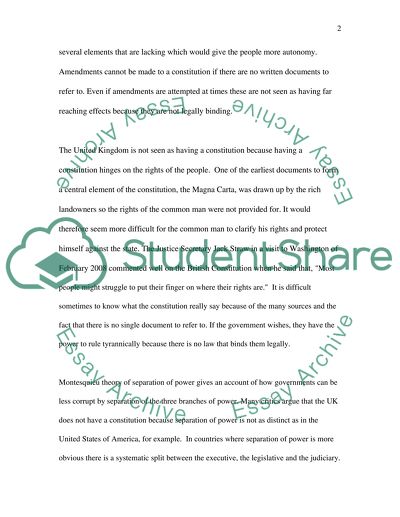Cite this document
(Principles of an Autonomous Political Entity Assignment, n.d.)
Principles of an Autonomous Political Entity Assignment. Retrieved from https://studentshare.org/politics/1551209-constitutional-law
Principles of an Autonomous Political Entity Assignment. Retrieved from https://studentshare.org/politics/1551209-constitutional-law
(Principles of an Autonomous Political Entity Assignment)
Principles of an Autonomous Political Entity Assignment. https://studentshare.org/politics/1551209-constitutional-law.
Principles of an Autonomous Political Entity Assignment. https://studentshare.org/politics/1551209-constitutional-law.
“Principles of an Autonomous Political Entity Assignment”. https://studentshare.org/politics/1551209-constitutional-law.


